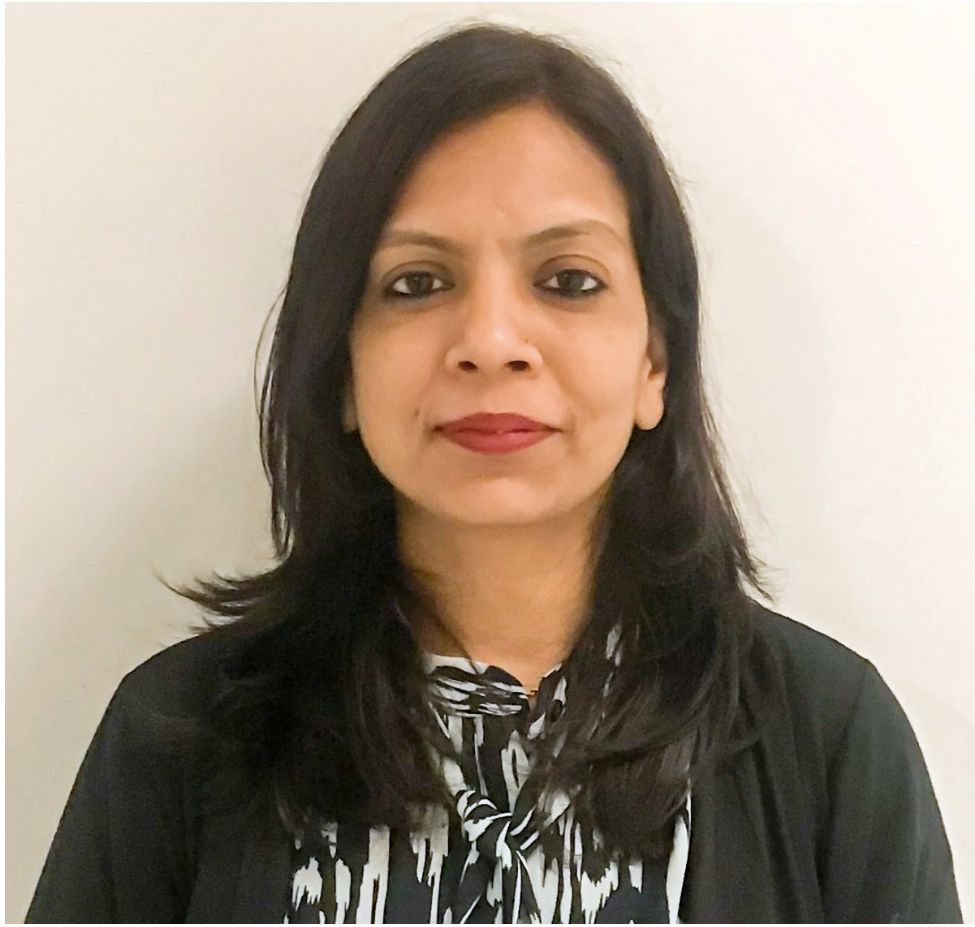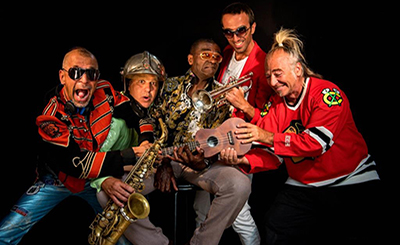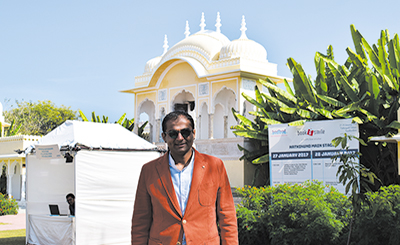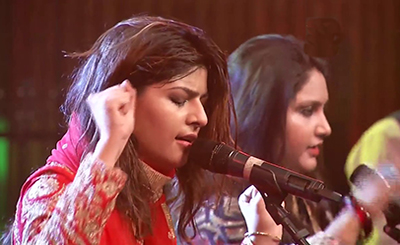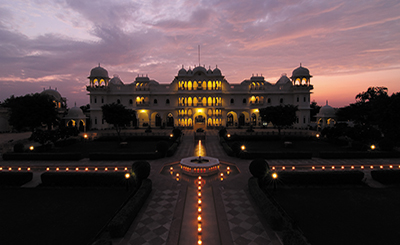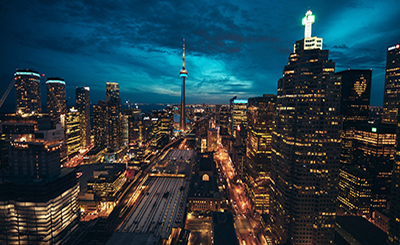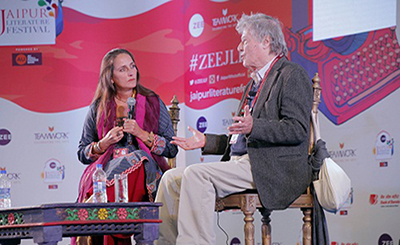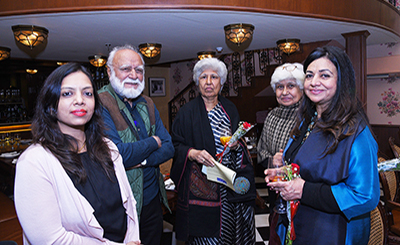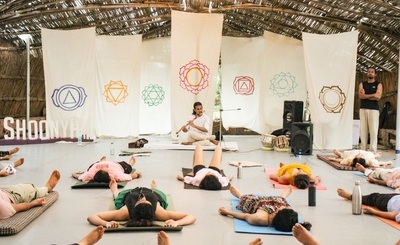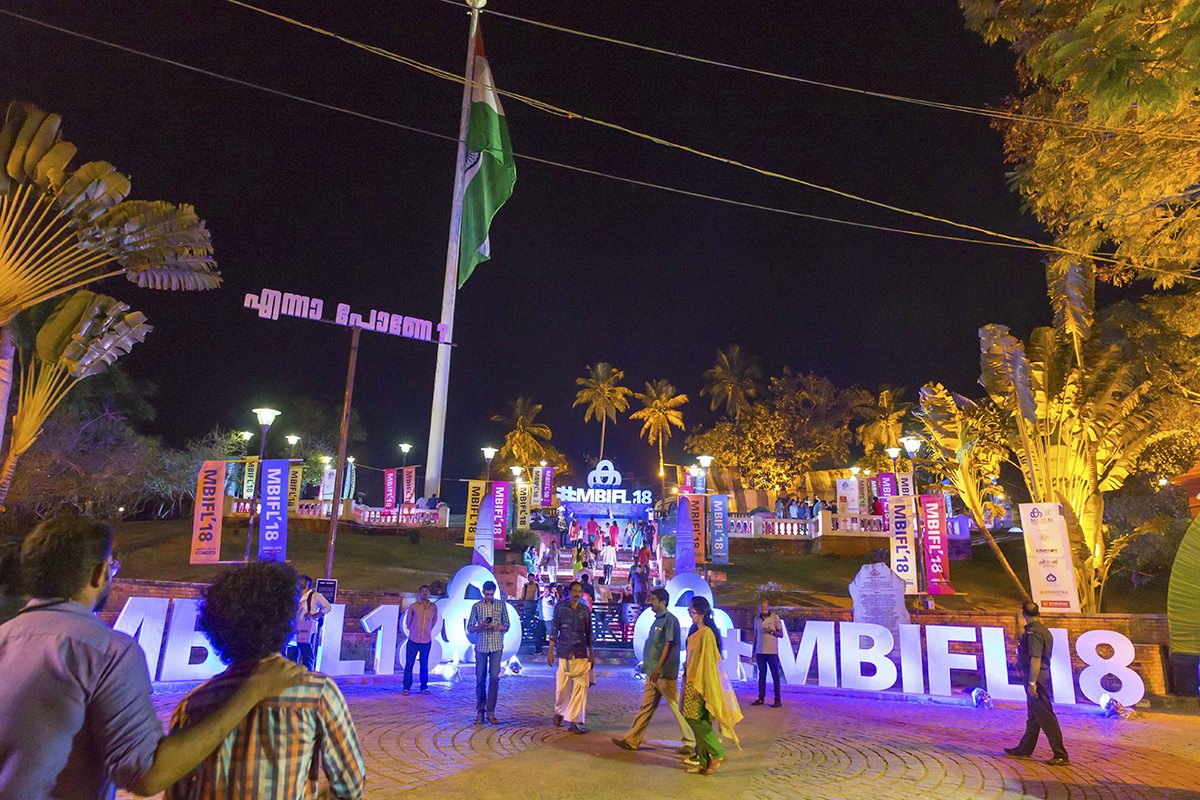
Thiruvananthapuram hosted Mathrubhumi International Festival of Letters (MBIFL) in February 2018. Photos courtesy of MBIFL
Last year, one of the oldest and most popular literary festivals, The Hay Festival of Literature & Arts, held in Hay-on-Wye, Powys, Wales, for ten days from May to June, turned 30. Closer home, the pioneer of literary festivals in India, the Jaipur Literature Festival (JLF) also turned 10 last year. A few years into its existence, JLF became an inspiration for many litfests in India, to the extent that today India has hundreds of such literary festivals — in almost every state, big and small cities — and festival-hopping is a seasonal trend for authors.
The arts and culture scene in India seems to be in an exciting phase with so many festivals, events, workshops, residencies being organised everywhere with growing frequency. The market has opened up across industries. Even independent universities and educational institutions have taken upon themselves to start their own festivals, some even at smaller scales.
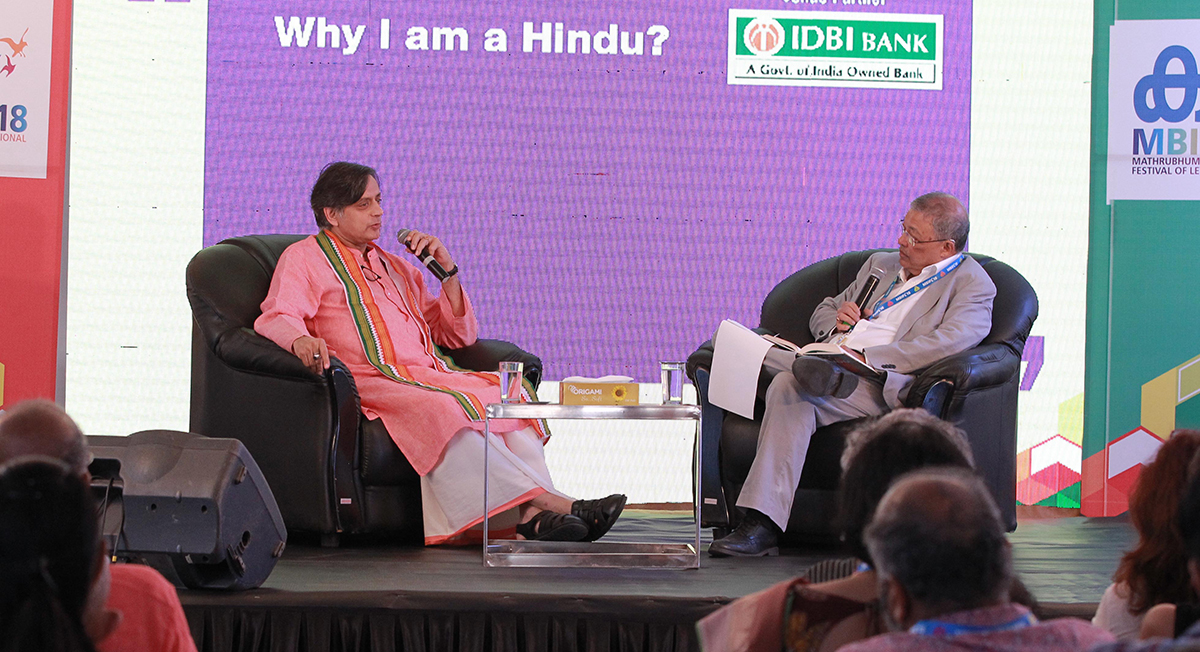
Sashi Tharoor during a session at the festival.
In February, Thiruvananthapuram, the capital of the southern state of Kerala in India, hosted Mathrubhumi International Festival of Letters (MBIFL) 2018, which brought together around 100 writers, speakers and performers from around the globe who gathered at the Kanakakkunnu Palace for three days from February 2-4, bonding over words and ideas.
The MBIFL has been envisioned as “a celebration of our inherited syncretic culture to take forward the legacy of literature, words and its potency”. Mathrubhumi is one of the most popular media houses in Kerala, with eminent author, journalist and politician M P Veerendra Kumar as its CMD. He is also the chairman of MBIFL. The first edition of the festival was perhaps the only literary festival which was ticketed, and yet it was thronged by arts and literature enthusiasts from around the globe. It is usually not the scene. The energy, and the synergy, in the very first edition of the festival, was remarkable.
In India, as much as perhaps elsewhere, some festivals have successfully made a mark for themselves over a span of time while some others are struggling to survive. With the proliferation in such festivals, it seems India is on the cusp of a literary renaissance.
MBIFL, on the lines of JLF, has captured the essence of its place of inception. Just as the JLF thrives on the rich culture and heritage of Rajasthan, the MBIFL has garnered and imbibed the rich culture and heritage of Kerala by including the rich repertoire of its dance forms, arts, music and cuisines. There were performances of Theyyam (a ritual dance performed as a surrealistic representation of the Gods they represent) and traditional dance performances like Koodiyattam, Kalaripayattu and Kathakali during the festival. The heritage monument of Kanakakkunnu Palace and its huge sprawling grounds formed a perfect backdrop. In the evenings, there were musical extravaganza featuring Raghu Dixit Project, Karsh Kale and Karthik, organised at the Nishagandhi open-air auditorium.
Inside the premises of the Kannakunnam Palace, there were five programme venues — Festival Hall, Palace Hall, Bal Bhavan were indoors venues while Under The Tree and Bamboo Grove were two outdoor venues amidst the greens. Under The Tree venue was mostly used for storytelling and poetry slams while Bamboo Grove had book readings and conversations. The weather was balmy in the afternoons and fairly pleasant in the evenings.
The festival bookstall and author signing were located under a huge tree on the shelves made of wood.
When authors/speakers participate in the debut edition of any literary festival, their biggest worry is empty rows. Many have been miffed in the past at various debut festivals due to low footfall. At the MBIFL, this fear of the authors was laid to rest as the fest kickstarted. Mathrubhumi has been consistently publishing and promoting regional literature over decades and, therefore, has been instrumental in keeping the literary scene thriving. This was one of the major reasons, besides the well- curated sessions, for the huge turnout at the festival of literary enthusiasts, authors and writers. It proved people pose great trust in the endeavours of the Mathrubhumi. It also re-confirmed the literary standards of Kerala.
Apart from the regional and national authors, the international authors and speakers were quite popular. A lot of independent caricaturists also made portraits of their favorite authors.
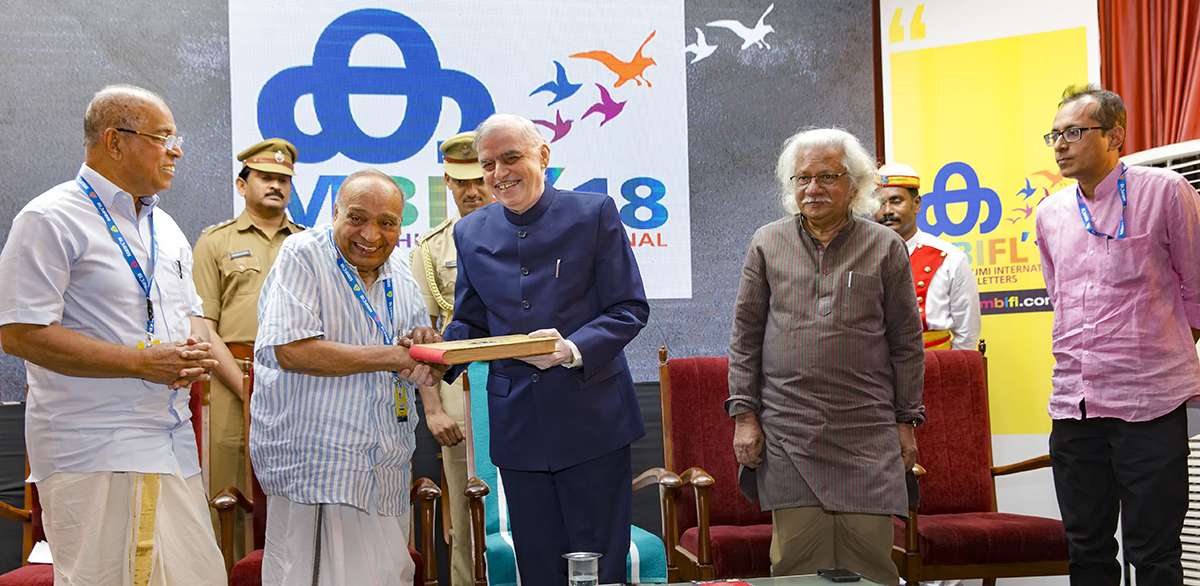
M P Veerendra Kumar, CMD, Mathrubhumi with Kerala Governor P. Sathasivam and filmmaker Adoor Gopalakrishnan
On the 2nd day of the festival, Shashi Tharoor had a session at the largest programme hall of the festival and it was a packed session. He was quite a rage. Looking at the overwhelming response to his session, the venue of his evening talk was shifted to the largest auditorium — Nishagandhi — to avoid chaos.
A session titled ‘Contemporary Art and Letters' by artist and co-founder of Kochi Muziris Biennale Bose Krishnamachari left many in the audience with moist eyes as he spoke about Chilean poet Raul Zurita and his installation “The Sea of Pain” at the Kochi Biennale that relived the painful story of many tragic deaths in Syria.
MBIFL has become the new hub for International literary gatherings after JLF, Tata Literature Live, Apeejay Kolkata Literary Festival, Tata Steel Kolkata Literary Meet (TSKLM) or Kalam Festival, The Times LitFest and a couple of others.
MBIFL’s festival directors — author and poet C P Surendran and journalists Sabin Iqbal and P I Rajeev — ensured there was a good mix of some international, national and regional authors/speakers. The sessions were thoughtfully presented.
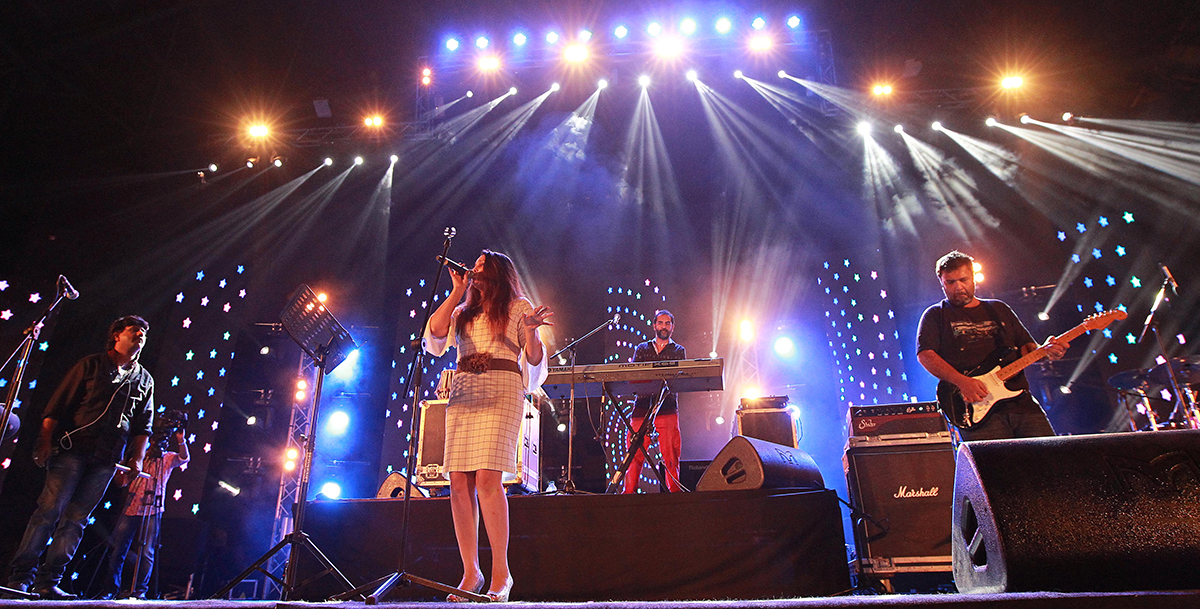
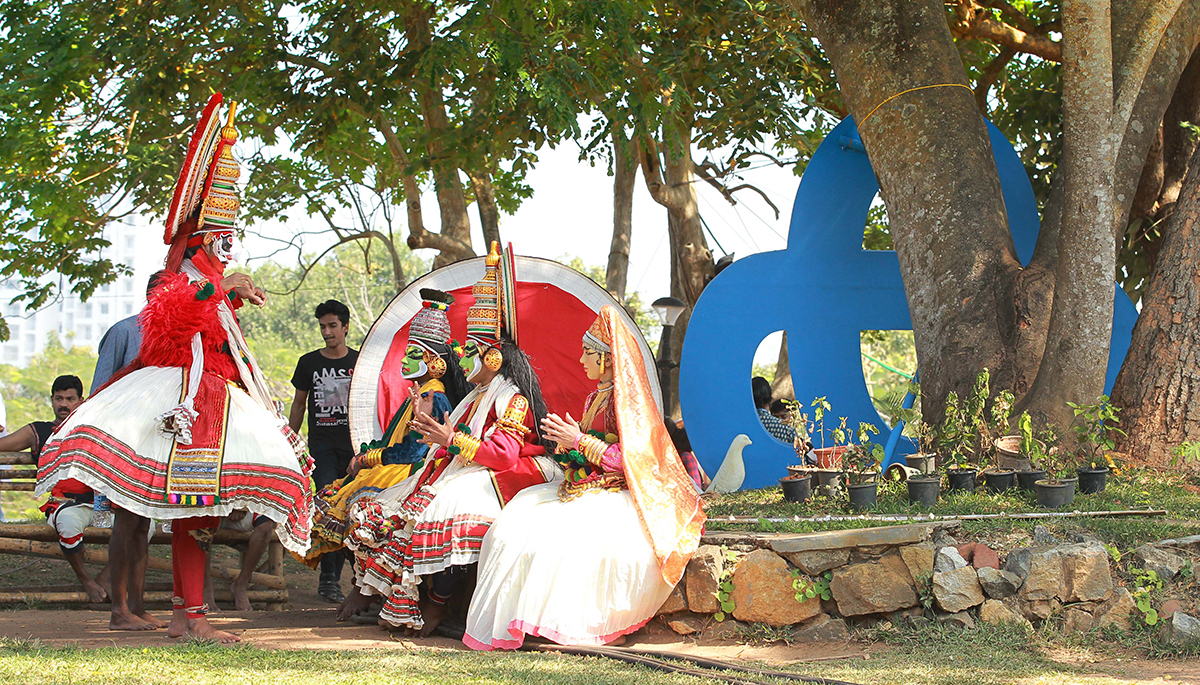
M V Shreyams Kumar, Joint Managing Director, Mathrubhumi and MBIFL patron, who spearheaded the festival along with the festival directors, the Mathrubhumi team and volunteers, personally looked into each and every aspect of the arrangements — big or small — at the venues. The MBIFL team and volunteers were spread all over the place in their smart white T-shirts, taking care of speakers and sessions.
Some of the authors who attended the festival included William Dalrymple, Ashok Ferry, Ayesha Harrunna Attah, Monica Wanjiru, Bernice Chauly, Deepak Unnikrishnan, Felicia Yap, Sujata Gidla, Anil Dharker, Andrei Kurkov, Manu S Pillai, Mihir Bose, Renuka Narayanan, Ritu Menon, Suneetha Balakrishnan, Ulekh NP, Sheela Reddy, TCA Raghavan, David Davidar, Shubhrashta, Dileep Premachandran, Numair Chowdhury, Aditi Angriyas, Deepthi Murali, KR Meera, Meenakshi Reddy Madhavan, Sudeep Sen, Josy Joseph, Indu Menon, K. Sachidanandan , Ruchira Gupta and many more.
The author’s lounge was a beautiful lobby area with heavily ornate furnitures and chandeliers. Volunteers were at their toes to serve refreshments of Malayali snacks, coffee and coconut water to speakers. It was a cozy zone for casual chatter and for speakers to relax and interact. This zone was always bustling with celebrity authors/speakers.
MBIFL is a festival rich in literature and culture, extremely well organised and has the potential to become one of the most sought-after literary festivals in India in the near future.
More from Events
Comments
*Comments will be moderated



